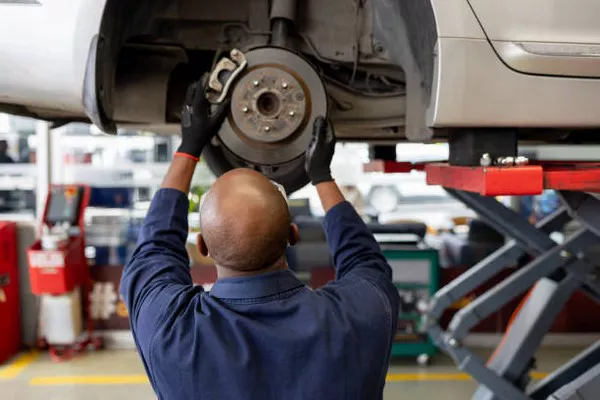Location: United Kingdom
The Confederation of British Metalforming (CBM) is sounding the alarm for manufacturers of iron, steel, and steel products in the UK, warning them of potential export disruptions when new EU Russian sanctions come into effect on September 30th, 2023. The legislation requires companies to provide evidence that the iron and steel used to produce components in a third country (outside the EU, including the UK) does not originate from Russia.
These sanctions could have a significant impact on the manufacturing industry, potentially causing delays at customs and, in some cases, catastrophic production stoppages in critical sectors like automotive and aerospace.
CBM President Stephen Morley is concerned that many firms may not be aware of these changes and the potential consequences for their exports. The new requirements demand material test certificates confirming the facility and location where the material was originally melted and poured, as well as for secondary steel processes.
Morley stressed that these sanctions extend beyond primary and secondary steel products to include many finished goods, such as fasteners, industrial consumables, and even retail products like stoves and kitchenware.
The CBM, which supports UK manufacturers in various metalforming sectors, has been working with its members for over a month to ensure they can provide the required evidence upon importation. They have also partnered with national audit, tax, advisory, and risk firm Crowe and its Customs Team to validate their assessment and gain insights from the European Commission’s FAQ Guidance.
While there is some confusion about how different EU countries will interpret and enforce the sanctions, Morley urged UK manufacturers to prepare for the worst-case scenario and diligently gather the necessary documentation to avoid supply chain disruptions.
The CBM has received information from the UK government suggesting that UK Customs authorities may adopt a more flexible approach, but it still requires evidence of the country of origin for iron and steel products processed in third countries. This includes Mill Test Certificates, with additional documentation potentially being acceptable.
Morley concluded by emphasizing the potential dramatic impact of these sanctions on both UK exporters and importers, especially given that many CBM members source their steel from various locations around the world. Planning ahead and ensuring compliance with the new requirements are essential steps to avoid supply chain disruptions.

